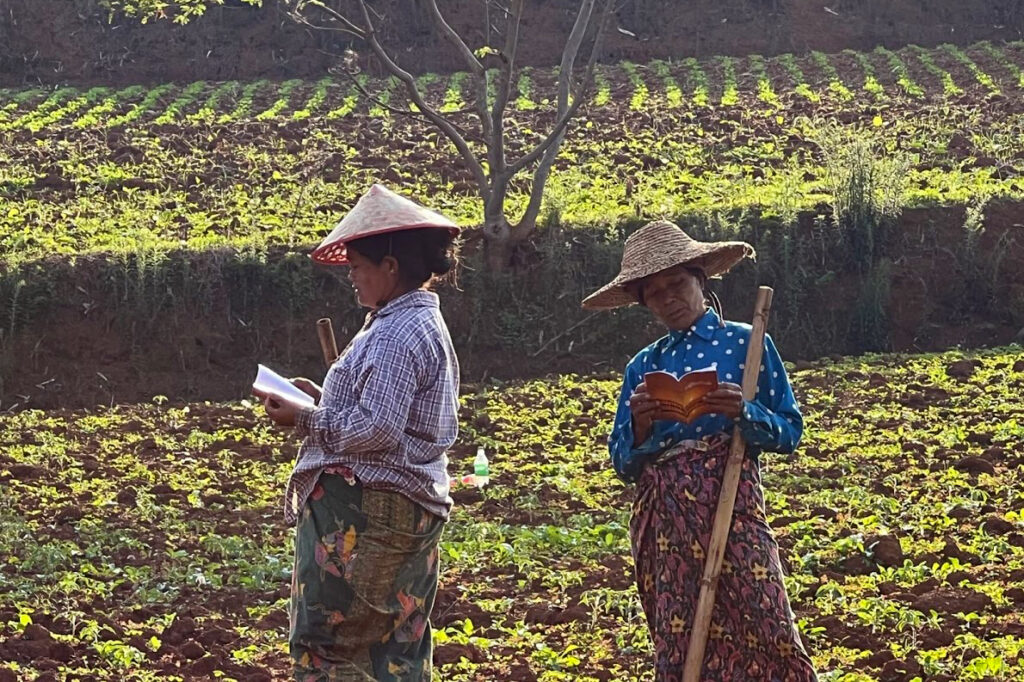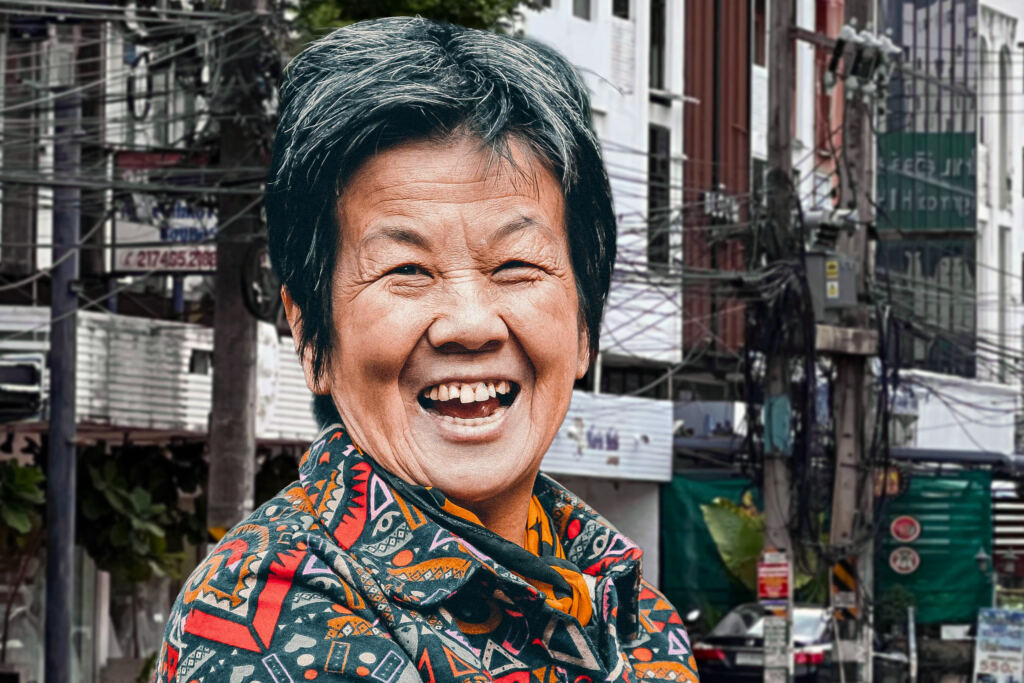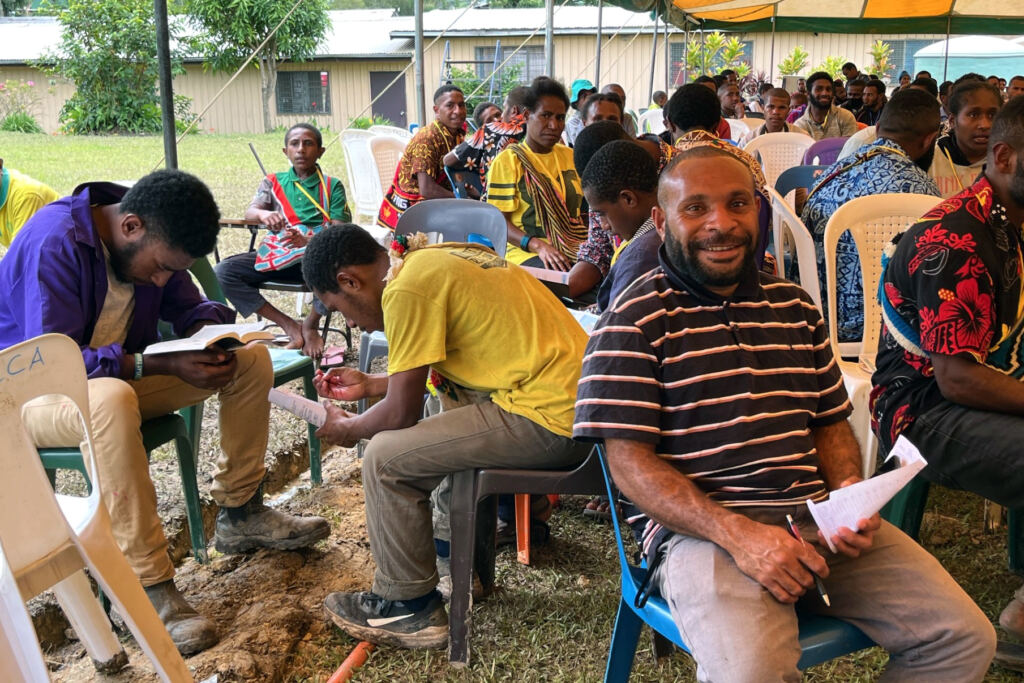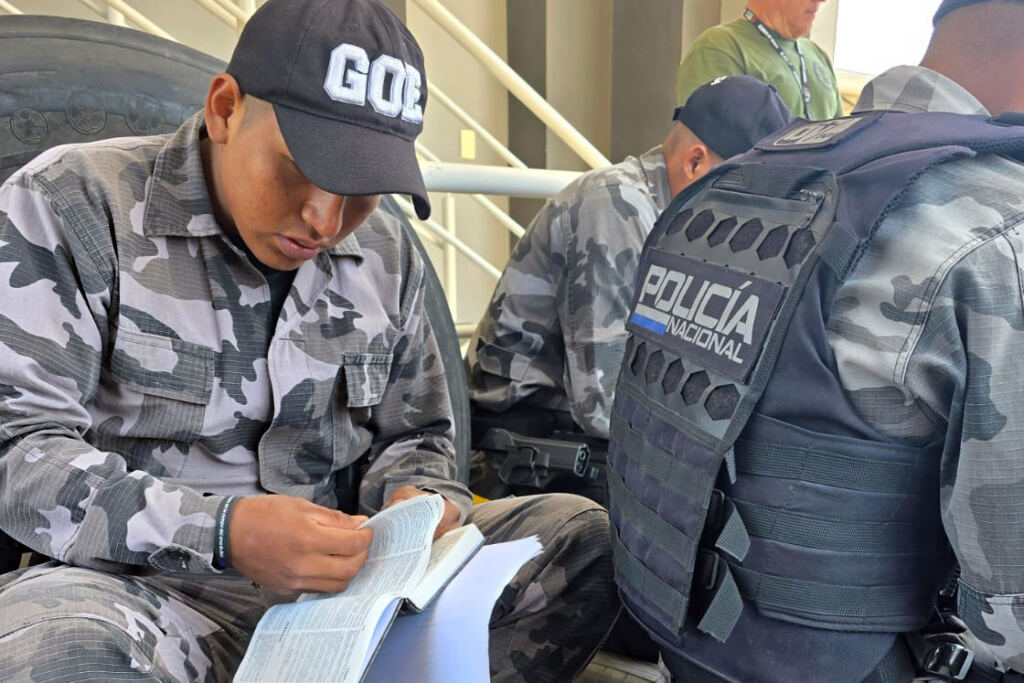One unique aspect of the Burmese culture became a pathway for the gospel to penetrate Burmese hearts during Adoniram Judson’s ministry—and it continues to this day.
Adoniram Judson and his wife arrived in Calcutta, India, as pioneer missionaries on June 17, 1812, and transferred to the field of Burma (now called Myanmar) a year later. After laboring for 12 years, Judson saw only 18 converts.
The Burmese Buddhists proved to be a people group comfortable in their traditions and rituals. They were curious but indifferent to Judson’s proclamation of the gospel. But then, something changed.
In 1817, a printing press arrived, and Judson and his colleagues began printing gospel material translated into the Burmese language. Throughout his ministry, Adoniram Judson translated the Bible into Burmese, compiled an English-Burmese dictionary, and wrote, translated, and printed dozens of tracts, booklets, and pieces of literature explaining the gospel to the Burmese people.
Judson suffered much, including the death of all three of his wives, and only six of his 11 children survived to adulthood. He was imprisoned for 17 months in two different prisons in 1824-25 and nearly died several times.
After many losses, much heartache, and frequent discouragement, God did something wonderful and unusual among the Burmese people. Burmese people began to express interest in Christianity, and many turned from idols to the living God (1 Thessalonians 1:9). Suddenly, Judson’s gospel literature was highly desired and sought after.
In May 1830, while traveling by boat up the Irrawaddy River, he began to go on shore at different places and pass out tracts, gospel booklets containing a brief explanation of the way to salvation.
“At one village farther up the river, he gave away thirty and was sure he could have distributed two hundred,” 1 his biographer records. Judson and his fellow missionaries were so pestered for tracts that the captain of their boat had to move out from the shore so the group could sleep in peace. But it was to no avail. People arrived on the shore and began calling out “Teacher, are you asleep? We want a writing.” 2 It seemed that all of Burma was now interested in the gospel.
After distributing over 500 tracts in one location, Adoniram and his disciples had to flee persecution in the area but handed out over 500 additional gospel booklets on their way down the river.
By 1831, Adoniram had finished translating Psalms, Song of Solomon, and Daniel. The New Testament had previously been completed in 1823. By this time, there had developed what Judson called “a spirit of inquiry, spreading everywhere through the whole length and breadth of the land.” 3
Later this same year, he wrote, “I sometimes feel alarmed, like a person who sees a mighty engine beginning to move, over which he knows no control.”4
On March 4, Judson recorded a description of the great demand for his literature:
During the festival, we distributed nearly ten thousand tracts, giving to none but to those who ask. I presume there have been six thousand applications at the house. Some come from two- or three-months journey, from the borders of Siam and China—“Sir, we hear that there is an eternal hell. We are afraid of it.” Others come from the frontiers of Kathay, a hundred miles north of Ava—“Sir, we have seen a writing that tells about an eternal God. Are you the man that gives away such writings? If so, pray give us one, for we want to know the truth before we die.” Others come from the interior of the country, where the name of Jesus Christ is a little known—“Are you Jesus Christ’s man? Give us a writing that tells about Jesus Christ.” 5
Engaging a Modern Response to Gospel Literature
It was in this same country where Adoniram Judson labored as a trailblazer that Live Global’s The Ancient Path gospel resource was first introduced in 2013. Since that time, two million copies have been translated and distributed among many of Myanmar’s languages and people groups: Burmese, Shwe Palaung, Zomi, Intha, Shan, Danu, and soon, the Pa’O language. The Live Global national partners who use The Ancient Path as a ministry tool have found Judson’s experience to remain true today—when they distribute this gospel booklet, Burmese people will immediately stop their activities and read it.
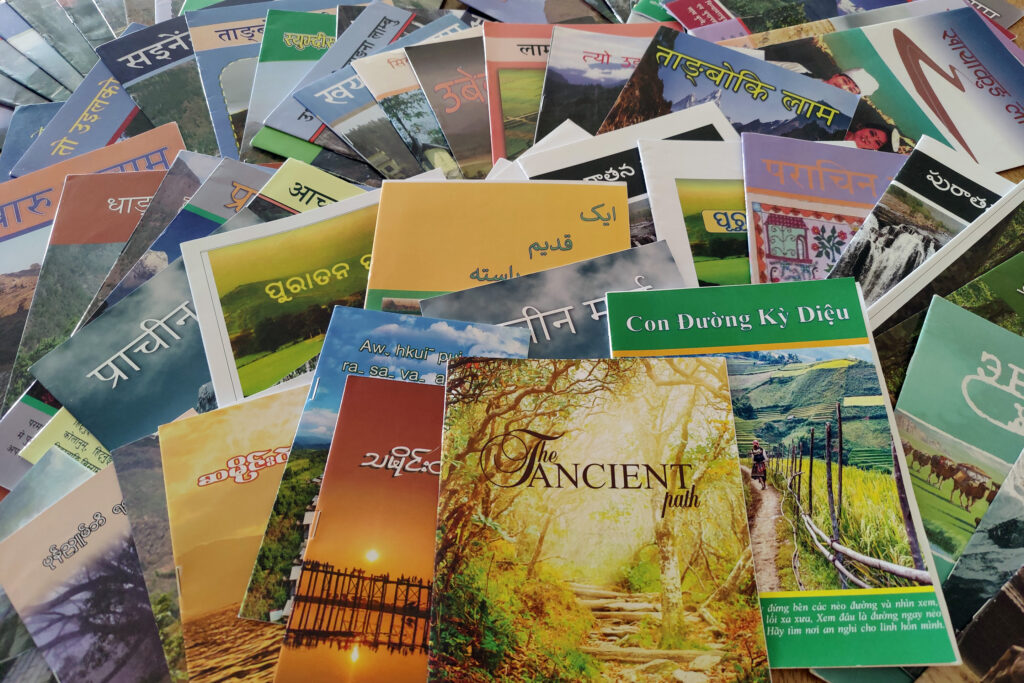
The Ancient Path, a chronological presentation of the Bible written to overcome the most prevalent objection to Christianity in Southeast Asia—that it is a Western religion—is now available in over 75 languages. Many of those languages are mother tongue languages of unreached people groups, either dwelling in remote locations or too small in population to be certain that they will ever receive a Bible translation in their heart language.
In July 2023, distribution of printed copies of The Ancient Path surpassed four million copies worldwide. In addition, countless people have read digital versions available on the Live Global website and through mobile apps and digital libraries.
Thank God for the love of literature in the hearts of the Burmese people. Thank God that millions who lived in darkness have had an opportunity to hear and understand that the gospel was given for them too. Thank God for national partners throughout Southeast Asia who have embraced this tool that can launch gospel conversations among those who have never heard.
1. Courtney Anderson, To the Golden Shore (Valley Forge: Judson Press, 1987), 394.
2. Ibid, 394.
3. Ibid, 398.
4. Ibid.
5. Ibid, 399.
